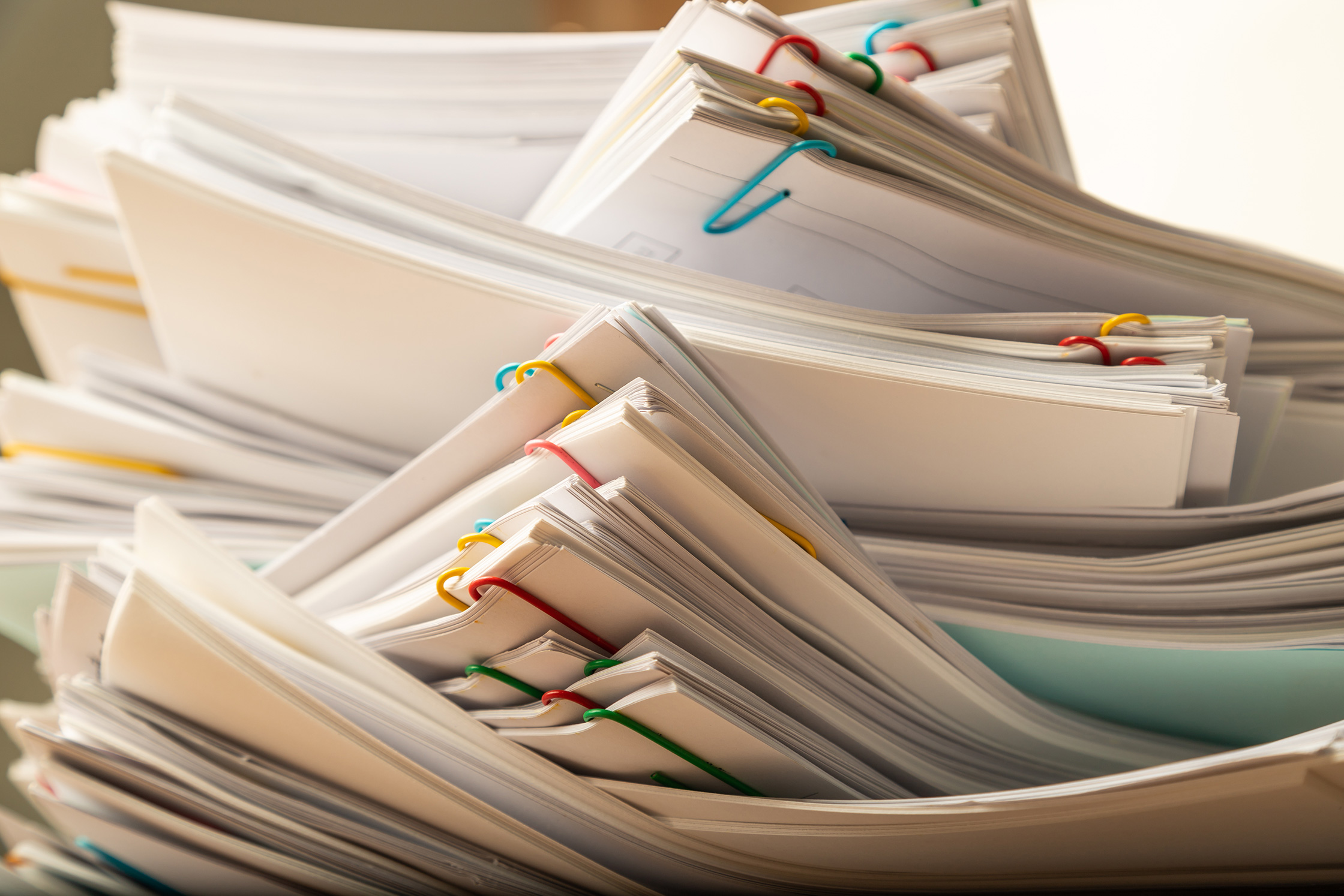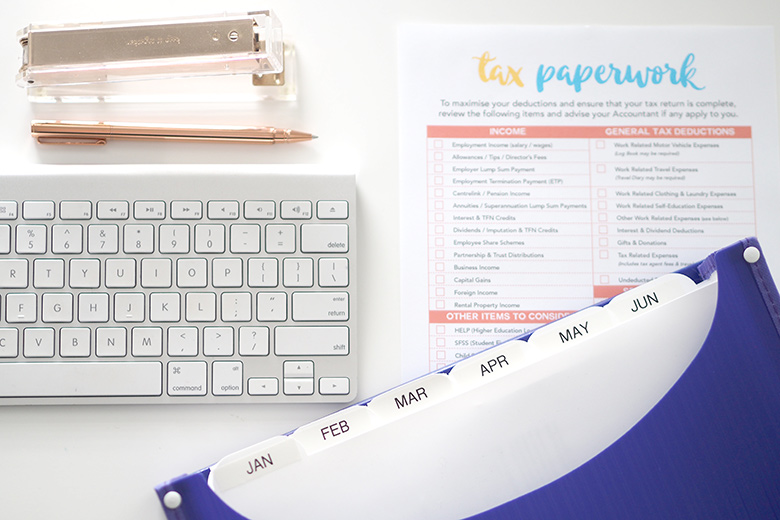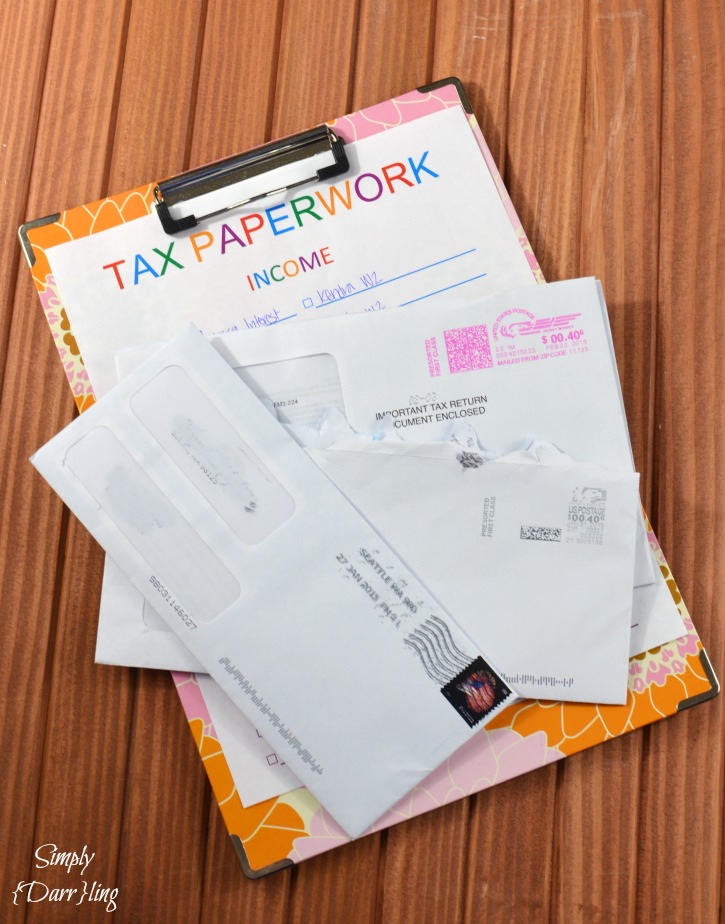How Long to Keep Business Tax Paperwork: Your Complete Guide

The Importance of Business Tax Record Keeping

Accurate tax record keeping stands as a fundamental aspect of running a successful business. The tax laws mandate that all businesses retain their financial and tax-related documents for a specified period. This practice not only ensures compliance with the tax authority but also prepares you for potential audits, future tax planning, and provides a clear financial history for your business.
The significance of maintaining proper records extends beyond legal obligations. It plays a vital role in the following areas:
- Compliance: Ensuring you meet IRS guidelines for record retention.
- Audit Preparedness: Having all necessary documents ready to defend your tax filings.
- Business Planning: Historical financial data aids in making informed decisions.
- Loan Applications: Lenders often require tax returns and financial statements.
The Importance of Business Tax Record Keeping

It’s not just about retaining your records; understanding which documents to keep and for how long is equally crucial. Here’s a breakdown:
Federal Tax Returns and Supporting Documents

Businesses must generally keep:
- Federal tax returns.
- Receipts for expenses.
- Income records.
- Payroll records.
- Depreciation schedules.
- Inventory records.
These records should be kept for:
- Three Years: Under normal circumstances, the IRS has a three-year statute of limitations for audits.
- Six Years: If income is omitted that exceeds 25% of gross income on your tax return.
- Indefinitely: In case of fraud or if no return was filed.
⚠️ Note: Keep records longer if you anticipate a need for historical data or if state laws require a longer retention period.
Employment Tax Records

For employment taxes, keep:
- Federal Insurance Contribution Act (FICA) records.
- Unemployment Tax Records.
- W-2 and W-4 Forms.
- 1099 Forms for independent contractors.
- Payroll Tax Returns.
These records must be retained for:
- Four Years: After the date the tax becomes due or is paid, whichever is later.
Other Essential Business Documents

You should also keep:
- Bank statements and canceled checks.
- Invoices and bills.
- Legal documents and contracts.
- Records of equipment purchases.
🗓️ Note: Retain business formation documents indefinitely or until the business is dissolved.
Using Digital Storage Solutions

The digital age provides businesses with an opportunity to streamline their record keeping:
- Cloud Storage: Secure cloud solutions offer convenient access and backups.
- Electronic Filing: Many tax documents can now be filed electronically, reducing physical storage needs.
- Digital Records: Scan and store physical documents in a digital format to reduce clutter and improve searchability.
🔒 Note: Ensure your digital storage system complies with IRS regulations and has adequate security measures.
Maintaining Records for Partnerships and LLCs

Partnerships and LLCs have their own record-keeping considerations:
- Keep partnership agreements indefinitely.
- Maintain meeting minutes and voting records for at least seven years.
- Capital accounts and member contribution records should be retained indefinitely.
Managing Business Records Effectively

Here are some strategies to manage your records:
- Create a Filing System: Organize by tax year and document type.
- Label Clearly: Make files easy to locate during audits or when needed.
- Regularly Review and Purge: Remove documents no longer required to avoid clutter.
- Utilize Software: Accounting and document management software can automate record keeping.
Strategies for Record Retention in Business Growth

As your business grows, consider:
- Staff Training: Ensure all employees are trained in record-keeping procedures.
- Outsourcing: Hiring a professional accountant or bookkeeping service can enhance accuracy.
- Continuity Plans: Have a plan for accessing records in case of emergencies or leadership changes.
Embracing Technology for Tax Compliance

Leveraging technology can:
- Streamline Processes: Software can reduce manual data entry errors.
- Improve Accessibility: Cloud access allows for collaboration and remote work.
- Secure Data: Enhance security with encryption and access controls.
In closing this comprehensive guide, keeping your business’s tax paperwork in order is not merely about following the law. It’s an exercise in organization, planning, and foresight. With this guide, you’re equipped with the knowledge to set up a robust record-keeping system, allowing for better tax compliance, audit preparedness, and the ability to make strategic business decisions.
What happens if I don’t keep my business tax records properly?

+
Failure to maintain proper records can lead to penalties and fines from tax authorities, challenges during audits, and difficulties in financial planning or loan approvals.
Can I go paperless with my tax records?

+
Yes, digital records are acceptable as long as they are accurate, complete, and can be easily retrieved. Ensure backups and compliance with IRS rules on digital storage.
How should I dispose of old business records?
+Shred or securely dispose of paper records. For digital records, ensure data is permanently deleted or stored securely to prevent identity theft or sensitive data leaks.



